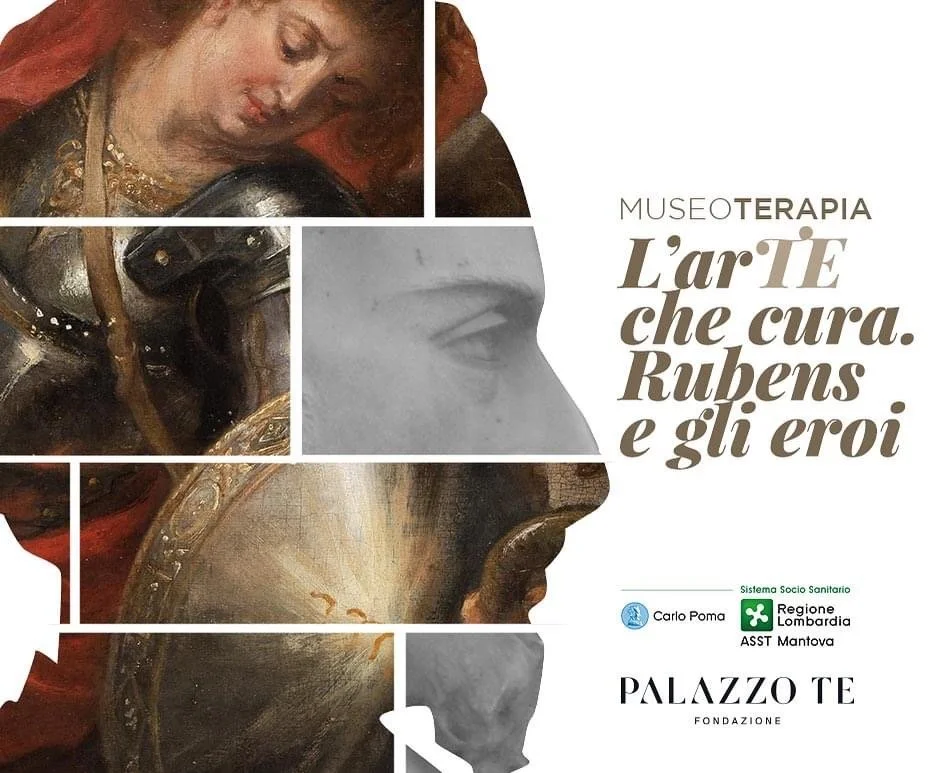Happy to have been part of this project, I share with you the video of the art workshop cycle "L'arTE che cura", born from the collaboration between the Carlo Poma hospital and Fondazione Palazzo Te.
At Palazzo Te heroes who cry, fall and get up, teaching us the strength of fragility.
A series of artistic workshops involved some Nephrology and Dialysis patients at the Mantua hospital in painting, dance, theater and music practices. The clinical gaze of the facility's professionals has collected valuable information to construct a study, which will result in an article to be published in a scientific journal.
The objective is to verify whether artistic stimuli can contribute to a 10% reduction in the degree of physical and mental asthenia, a frequent condition in cases of renal failure with the need for dialysis. The participants are aged between 18 and 80, are male and female, and will be compared with a second group of patients who have not had the artistic experience. The project was carried out in collaboration with Fondazione Palazzo Te which already boasts significant experience in the field of cultural welfare.
ITA
Felice di aver fatto parte di questo progetto, condivido con voi il video del ciclo di laboratori “L’arTE che cura”, nato dalla collaborazione tra l’ospedale Carlo Poma e Fondazione Palazzo Te.
A Palazzo Te eroi che piangono, cadono e si rialzano, insegnandoci la forza della fragilità.
Una rassegna di laboratori ha coinvolto alcuni pazienti della Nefrologia e Dialisi dell'ospedale di Mantova in pratiche di pittura, danza, teatro e musica. Lo sguardo clinico dei professionisti della struttura ha raccolto informazioni preziose per costruire uno studio, che sfocerà in un articolo da pubblicare su una rivista scientifica.
Si vuole verificare se gli stimoli artistici possono contribuisce a una riduzione del 10% del grado di astenia fisica e mentale, condizione frequente in caso di insufficienza renale con necessità di dialisi. I partecipanti hanno un’età compresa fra i 18 e gli 80 anni, sono maschi e femmine, e saranno messi a confronto con un secondo gruppo di pazienti che non hanno vissuto l’esperienza artistica. Il progetto è stato realizzato in collaborazione con Fondazione Palazzo Te che già vanta un’esperienza significativa nel campo del welfare culturale.


